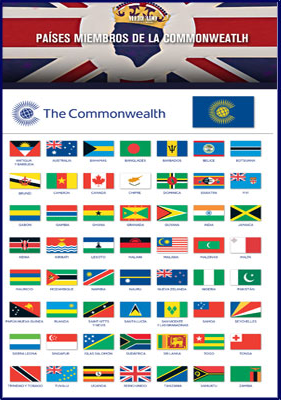
the Commonwealth is a mechanism created by the British Empire to maintain control over its former colonies, over which it has economic, political and even military power, making sovereignty a veritable mirage.
by Guillermo Alvarado
Recently, the 56 members of the Commonwealth, or community of nations, warned the United Kingdom that the time had come to discuss the abhorrent legacy of the slave trade, as a step towards possible reparations for the victims of this criminal enterprise.
As is well known, the Commonwealth is a mechanism created by the British Empire to maintain control over its former colonies, over which it has economic, political and even military power, making sovereignty a veritable mirage.
The demand has caused moments of friction with Prime Minister Keir Starmer, who has publicly and repeatedly rejected direct demands to apologize for the slave trade between the 16th and 19th centuries, let alone offer compensation to the descendants of that infamy.
The same position was taken by King Charles III, who had the temerity to ask his interlocutors to "avoid the language of division", arguing that "no one can change history".
For 400 years, it was the British royal family that profited most from human trafficking.
According to the United Nations, 15 million men, women and children were victims of the slave trade from Africa to countries in the Americas, Europe, Asia and the Middle East.
Thirty-six per cent of this traffic was carried by the United Kingdom, a power that at one time had 120 colonies in virtually every part of the world, from which it plundered immense quantities of natural resources and for centuries held sway over the shipping and trade of the day.
Much of this power was underpinned ideologically by the doctrine of racial superiority, which held that dominated peoples were incapable of governing themselves.
At the beginning of the 19th century, a movement arose in England which, thanks to a series of circumstances, succeeded in passing the Act for the Abolition of the Slave Trade in 1807, which officially abolished the slave trade but not slavery as such.
In the United States, slavery was abolished in 1863, on the eve of the Civil War, but it took a century for the descendants of slaves to gain full civil rights like any other citizen.
Slavery is a stain on the conscience of humanity, and those who built their wealth on it must be held accountable, whether they like it or not.

